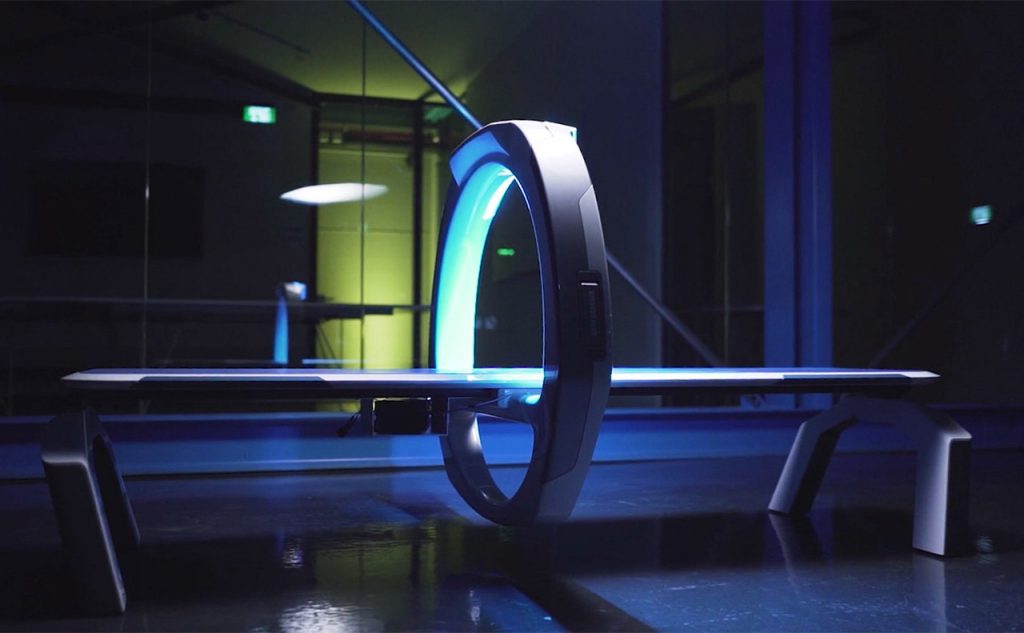Israeli medical imaging firm Nanox announced this week that it received 510(k) clearance from the US Food and Drug Administration for its Nanox.ARC digital x-ray technology.
Founded in 2018, Nanox developed a commercial-grade digital X-ray machine that competes with larger, more expensive machines and that is a fraction of the cost (approximately $10,000 compared to several million) and weight (about 70kg compared to about 2,000 kg for a CT scanner).
The Nanox.Arc is paired with the Nanox.Cloud, a software for medical imaging services that offer image repository, radiologist matching, diagnostics review and annotation, connectivity to diagnostic assistive AI systems, billing, and reporting.
The system aims to improve the accessibility and affordability of early detection services through medical screening as a service (MSaaS) and increase the availability of imaging as a standard of care, Nanox says. The company also has a unique business model that will allow for wide distribution and accessibility, and will charge health providers on a pay-per-scan service model.
The company expects the system to be available globally this year. If cleared, the multi-source Nanox.ARC will be their commercial imaging system deployed across the world.
“Obtaining 510(k) clearance from the FDA for our single-source Nanox.ARC digital x-ray is a significant step forward along our US regulatory pathway,” said Ran Poliakine, chairman and CEO of Nanox. “We remain on track to commence system shipments in the fourth quarter of 2021 and the first quarter of 2022 with the goal of finalizing deployment of the initial 15,000 Nanox.ARC systems by the end of 2024.”
“We believe we are well positioned to achieve our goal of democratizing medical imaging and expanding the market to the roughly two-thirds of the world’s population who currently have limited or no meaningful access to imaging or the preventative screening that it offers,” Poliakine added.
Nanox went public last August in the United States in a $190 million initial public offering at $18 a share. It raised another $193 million in February at $62.50 a share. The company has a market cap of $1.9 billion.
Related posts

Israeli AI Safety Tool Among TIME’S Best Inventions For 2024

TAU Team Discovers Mechanism To Eliminate Cancerous Tumors

Ashdod Port Investing In Startups As Part Of Innovation Strategy




Facebook comments